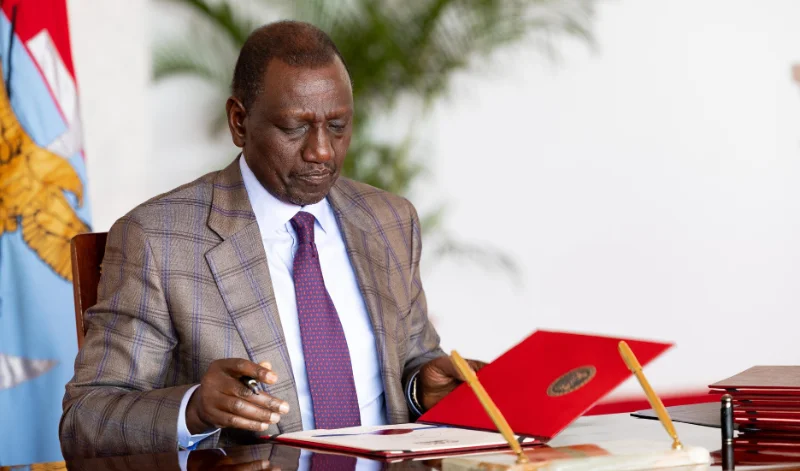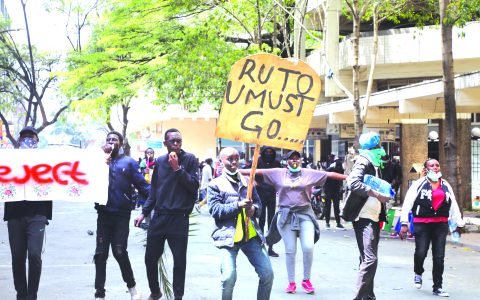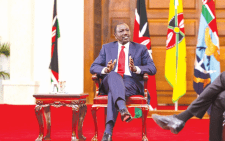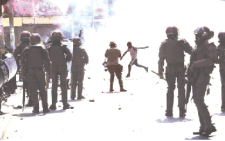Pragmatism crucial in Ruto talks with youths

Kenya has had five Presidents since independence but none has faced more serious scrutiny than William Ruto.
The spotlight on Ruto has been exacerbated by last week’s deadly protests by young people christened Generation Z.
Angry youth demanding that he withdraw the controversial 2024 Finance Bill stormed Parliament last Tuesday, forcing legislators to scamper for safety.
Shortly after MPs had passed the bill despite nationwide demonstrations against it, the angry youth vowed to act against them.
Protesters vandalised the interior of the House and set parts of the complex on fire. The ceremonial mace, symbolising the authority of the legislature, was stolen.
This was the largest protest since Ruto was elected and the sharpest indictment of his leadership and the legislature that he controls through the parliamentary majority.
Gen Z represents the public’s disillusionment with the Kenya Kwanza administration within and outside Parliament. They are exercising their democratic right and sovereignty of the people enshrined in the Constitution.
Citizens are concerned that the Executive has “captured” MPs to rubber-stamp unpopular economic policies such as the harsh taxation measures in the bill.
It therefore came as no surprise when young people, riding on popular public sentiment against the bill, are venting their anger at those violating the constitutional principles of leadership, integrity, transparency and accountability.
Ruto initially responded to the protests with defiance, ordering the deployment of military personnel to the streets and saying “violence and anarchy” would not be tolerated.
The police had engaged the youth in running battles that left at least 22 people dead. Suddenly, the protests had morphed into something more dangerous, threatening the foundations of the State.
Sensing the danger, President Ruto said he would not sign the finance bill and would therefore withdraw it and send it back to Parliament. He also laid out the rationale for his thinking that the tax increases were necessary.
However, the public were unconvinced and continued to voice their objections to the bill, now amplified by the radical and vocal Gen Z.
Ruto had to climb down and bow to public pressure following an extraordinary demonstration of people power. He also volunteered for dialogue with the youth.
But this is where Ruto faces a major challenge. First, Gen Z is massive and amorphous movement with no clear leadership structure to identify for the dialogue. They are also fiercely defiant and in no mood for dialogue following the police killings of their colleagues and dozens of abductions by State agents.
Second, they have adopted technology as an effective tool to advance a popular national cause, rallying a huge national following involving the clergy and civil society.
Third, Gen Z has come up with a raft of demands that have put Ruto and his government under the microscope regarding critical issues including corruption, unemployment and unpopular political and economic policies.
While the original purpose of the demonstration was to force the President not to sign the bill, protesters are now demanding that “Ruto must go”, signalling the widening credibility gap between the people and the presidency.
The nation is now in a state of apprehension as the angry youth have threatened another round of protests. The President will need to find a way of ameliorating the growing disaffection and mistrust between citizens and his statements and actions.
Pragmatism must prevail over fiat.
— The writer comments on national affairs



